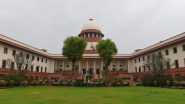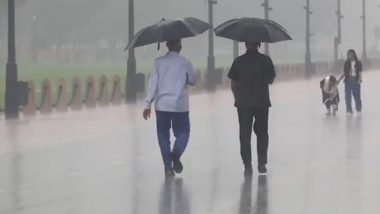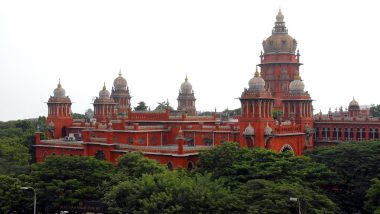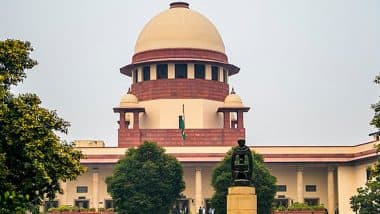Madurai, Oct 25 (PTI) The Madras High Court on Friday rejected the bail plea of a group of people who allegedly attacked Dalits and killed three people, besides indulging in arson in May 2018.
The court said individual liberty should be relegated to the back-burner and that a paramount duty of an institution is to maintain law and order, public peace and tranquility.
The Dalits were attacked by the dominant community people, including the accused, following a dispute over receiving temple honours in Sivaganga district.
Justice V Parthiban also rejected the plea that the accused be released on bail as they had been in prison for over a year and that the trial was likely to be delayed further in view of the large number of witnesses to be examined.
Earlier, a trial court had dismissed their plea.
The high court judge said it was not safe to release the accused in a village where people of the SC community were surrounded by people of the dominant community.
He said it appeared there had been simmering anger, grudge and animosity between the two sections of the people and members of the communities were waiting to settle scores with each other whenever opportunity arose.
Even now police security has been posted in the village.
The judge further said the violence unleashed by the dominant community had a few parallels in the communal clashes that happened in Tamil Nadu in the recent past.
"In such cases, the vulnerable prosecution is to be protected from being harmed by the remorseless killers, whose presence in society would have a chilling effect of fear among witnesses, who were yet to be examined by the prosecution.
"The very presence of these people in society could effectively unnerve the prosecution witnesses," he said.
This case should be viewed as one of the exceptional cases and hence, the appellants were not entitled for bail, the judge said.
Justice V Parthiban said though the appellants tried to draw the attention to the individual overt acts, as was mentioned in the FIR and charge sheet, the court is of the view that there were commonality of intention and a well-planned conspiracy to carry out the murderous assault.
Therefore, the judge said the court could not be influenced or guided by individual overt acts, at least for the purpose of granting bail as every act had contributed to the death of three people and grievous injuries to five others.
(This is an unedited and auto-generated story from Syndicated News feed, LatestLY Staff may not have modified or edited the content body)













 Quickly
Quickly




















